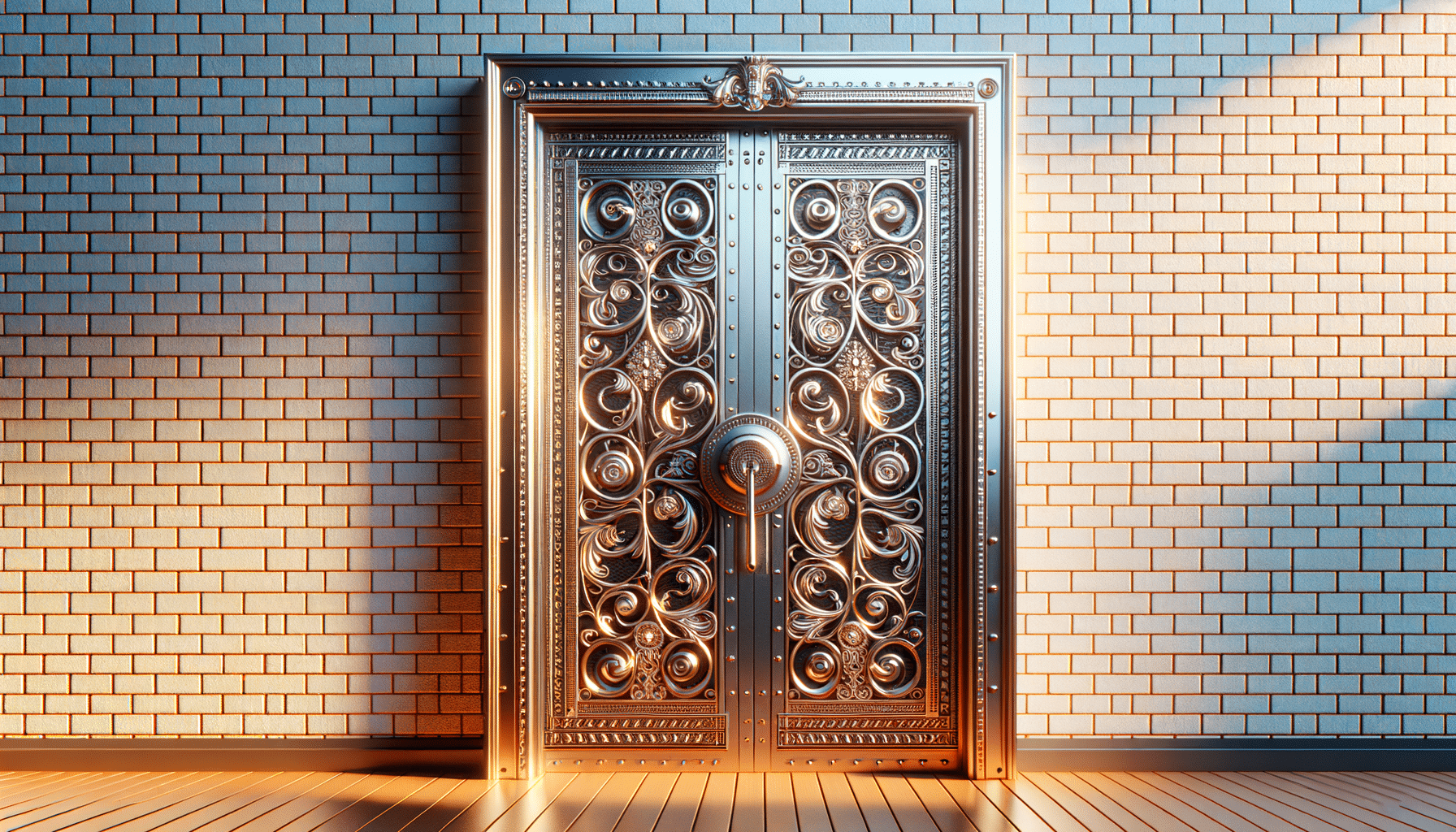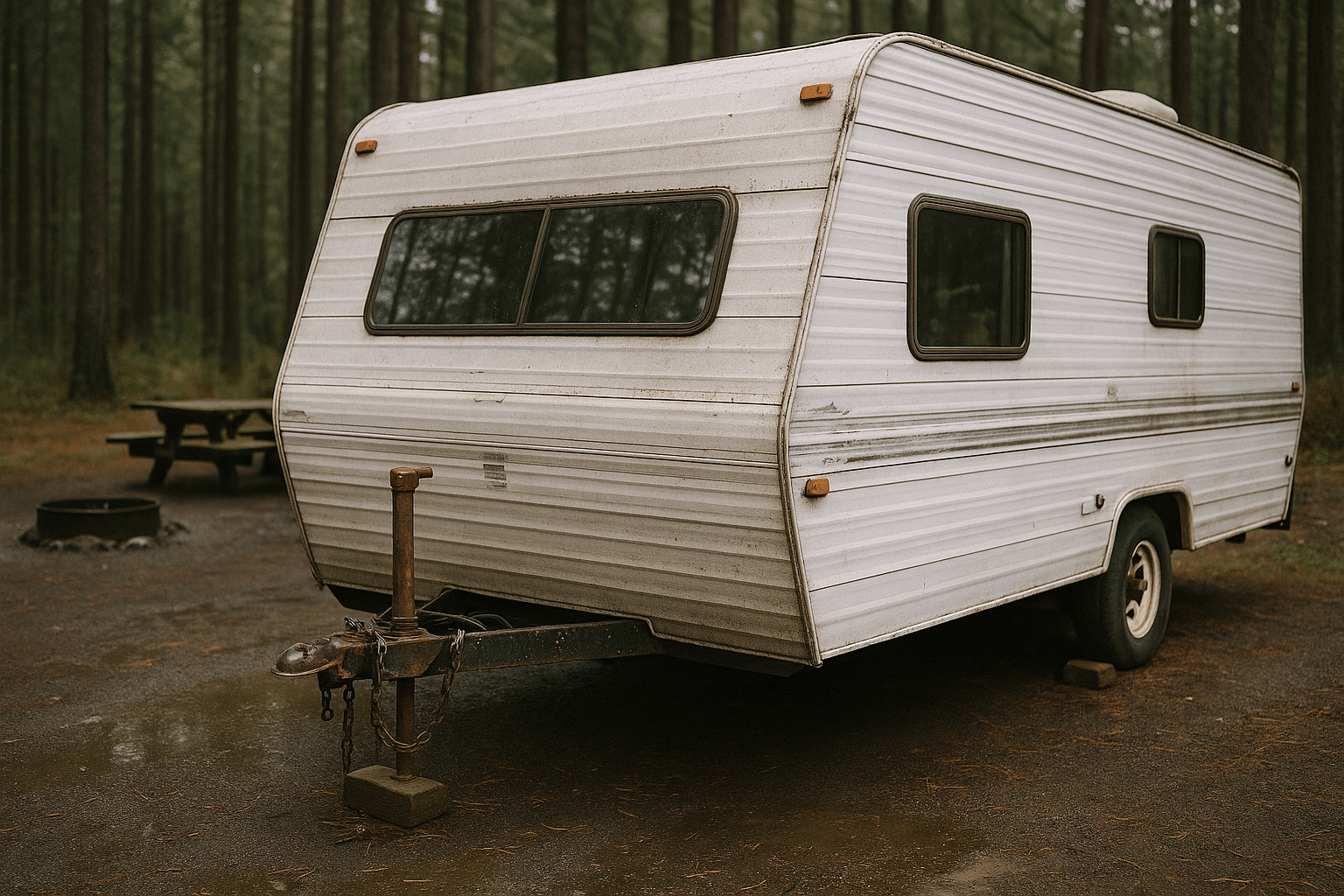
Explore the Benefits of Front Doors in This Comprehensive Guide
Introduction to Security Doors
Security doors are an essential aspect of modern home safety, providing both physical protection and peace of mind for homeowners. With the rise in concerns over home invasions and burglaries, the demand for robust security solutions has increased. Security doors serve as a formidable barrier against unauthorized entry, combining strength, durability, and aesthetic appeal. In this guide, we will delve into the various aspects of security doors, exploring their benefits, types, materials, and installation considerations.
Understanding the Benefits of Security Doors
Security doors offer numerous advantages that go beyond merely keeping intruders at bay. One of the primary benefits is enhanced safety. These doors are designed to withstand significant force, often featuring reinforced frames and locks, making unauthorized entry exceedingly difficult. Additionally, security doors can deter potential burglars simply by their imposing presence, reducing the likelihood of a break-in attempt.
Another notable benefit is the added insulation they provide. Security doors are often constructed with materials that offer excellent thermal insulation, helping to maintain indoor temperatures and reduce energy bills. This makes them an energy-efficient choice for homeowners looking to optimize their home’s climate control.
Moreover, security doors can enhance the aesthetic appeal of a property. Available in a variety of styles, colors, and finishes, they can complement the architectural design of any home. This allows homeowners to enjoy the dual benefits of security and style, ensuring their property remains both safe and visually appealing.
Types of Security Doors
Security doors come in various types, each designed to meet specific needs and preferences. One popular option is the steel security door, known for its exceptional strength and durability. These doors are often powder-coated to resist rust and corrosion, ensuring longevity even in harsh weather conditions.
Another option is the aluminum security door, which offers a lighter alternative to steel while still providing robust protection. Aluminum doors are often used in coastal areas due to their resistance to saltwater and humidity.
For those seeking a more traditional look, wooden security doors are an excellent choice. These doors combine the natural beauty of wood with modern security features, such as reinforced cores and high-security locks. They offer a warm and inviting appearance while ensuring safety.
Finally, composite security doors are gaining popularity due to their versatility and performance. Made from a combination of materials, these doors offer the benefits of both steel and wood, providing strength, insulation, and aesthetic appeal.
Materials Used in Security Doors
The choice of material in security doors plays a crucial role in determining their effectiveness and durability. Steel, as mentioned earlier, is a common choice due to its strength and resistance to impact. It is often used in commercial properties but is equally suitable for residential use, offering unparalleled security.
Aluminum is another material frequently used in security doors. Its lightweight nature makes it easy to install and operate, while its resistance to rust and corrosion makes it ideal for outdoor use. Aluminum doors are also available in a range of finishes, allowing for customization to suit any home style.
Wooden security doors are typically made from hardwoods, such as oak or mahogany, which provide natural strength and beauty. These doors are often reinforced with metal cores or additional security features to enhance their protective capabilities.
Composite materials, on the other hand, offer a blend of the best attributes of steel and wood. These doors are engineered to provide superior insulation, strength, and resistance to weathering, making them a versatile choice for any climate.
Installation and Maintenance Considerations
Proper installation is crucial for the effectiveness of security doors. It is recommended to hire a professional installer to ensure the door is fitted correctly and securely. A well-installed door will not only provide optimal security but also function smoothly, with no issues related to alignment or operation.
Maintenance is another important aspect to consider. Regular checks and maintenance can prolong the life of a security door. For steel doors, this might include inspecting for signs of rust or corrosion and applying protective coatings as needed. Wooden doors may require periodic sealing or staining to maintain their appearance and durability.
Aluminum and composite doors typically require less maintenance, but it is still advisable to clean them regularly and check for any damage that might compromise their integrity. Ensuring that locks and hinges remain in good working condition is also essential for maintaining the security of the door.
In conclusion, security doors offer a comprehensive solution for home safety, combining strength, style, and functionality. Whether opting for steel, aluminum, wood, or composite, homeowners can find a security door that meets their needs and enhances their property’s overall security.


